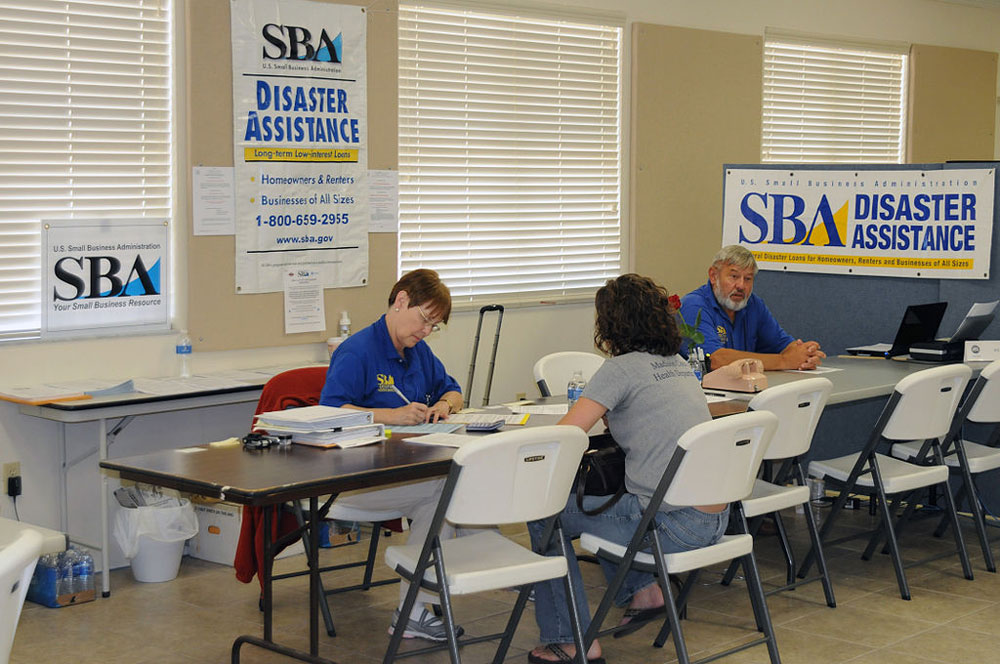
May 7, 2020; Washington Post
At the same time that the Small Business Administration (SBA) was charged with managing the $349 billion in the first round of Paycheck Protection Program (PPP) grants, it also took on the far smaller $50 billion Economic Injury Disaster Loan program. The EIDL was a better fit for businesses that did not have enough in payroll costs to fit the requirements of PPP. EIDL loans were not meant to be forgivable, but instead to be done quickly.
As it turns out, the program did not deliver that on timing—or on much of anything else. Now, with literally millions of applications pending and only $8 billion committed, the SBA has changed the eligibility rules, narrowing candidates to only agricultural concerns with some pressure from key Republican senators, and reducing the maximum loan size to $150,000 from $2 million.
What is odd about all of this is that the SBA has administered this particular program many times before in the context of natural disasters. It’s true, though, that the administering Office of Disaster Assistance has been criticized for moving slowly before; one 2014 study by the Government Accountability Office found the agency took an average of 38 days to process loans post-Hurricane Sandy even when its commitment was to a maximum of 21 days.
In the same report, the GAO found that the agency’s E-Tran computer system was problematic and that the SBA was working on a new one. The GAO wrote at the time:
Without taking its experience with early application submissions after Hurricane Sandy into account in its disaster planning documents and analyzing the potential risk early submissions may pose for timely disaster response, SBA may be unprepared for a large volume of applications to be submitted quickly following future disasters, which may result in delays in loan funds for disaster victims.
Sign up for our free newsletters
Subscribe to NPQ's newsletters to have our top stories delivered directly to your inbox.
By signing up, you agree to our privacy policy and terms of use, and to receive messages from NPQ and our partners.
Flash forward six years to the current crisis, where the same system has continued to crash, creating additional stress and confusion among those it was to have helped.
To make matters worse, the SBA is not being very generous about sharing information with Congress or potential borrowers, so the program has been even more difficult to monitor than the PPP:
In a Wednesday letter addressed to SBA Administrator Jovita Carranza, 103 lawmakers criticized the agency for not communicating effectively. They urged the SBA to inform small businesses about where they stand in the application process and also update Congress daily.
“Many small businesses have been without meaningful information from the SBA for weeks,” the lawmakers wrote.
Finally, a data breach at the SBA resulted in nearly 8,000 businesses having their information exposed online.
These kinds of failures, long foreseen and simply lying in wait for the devastation caused by a major crisis, reflect misplaced priorities. These are fixable problems with major potential for wide impact, and fixing them is exactly what we need government to do to match the efforts we as residents of this country have made in good faith to see to all aspects of the health of our communities.—Ruth McCambridge












